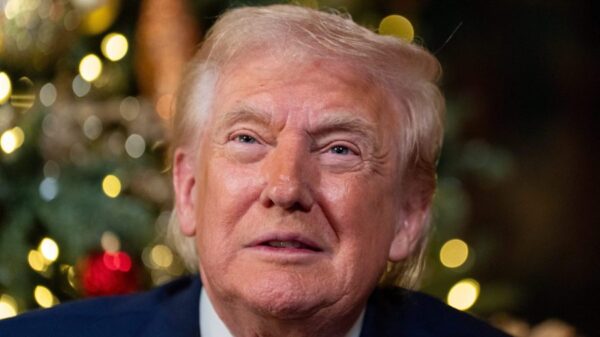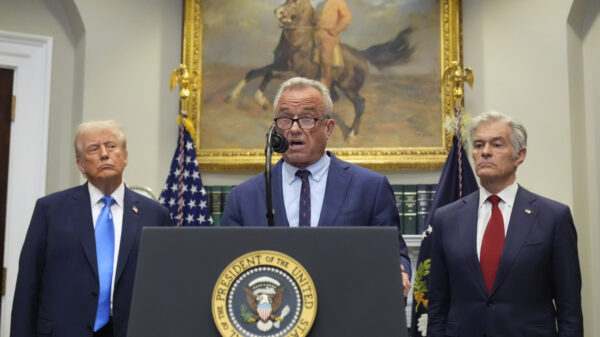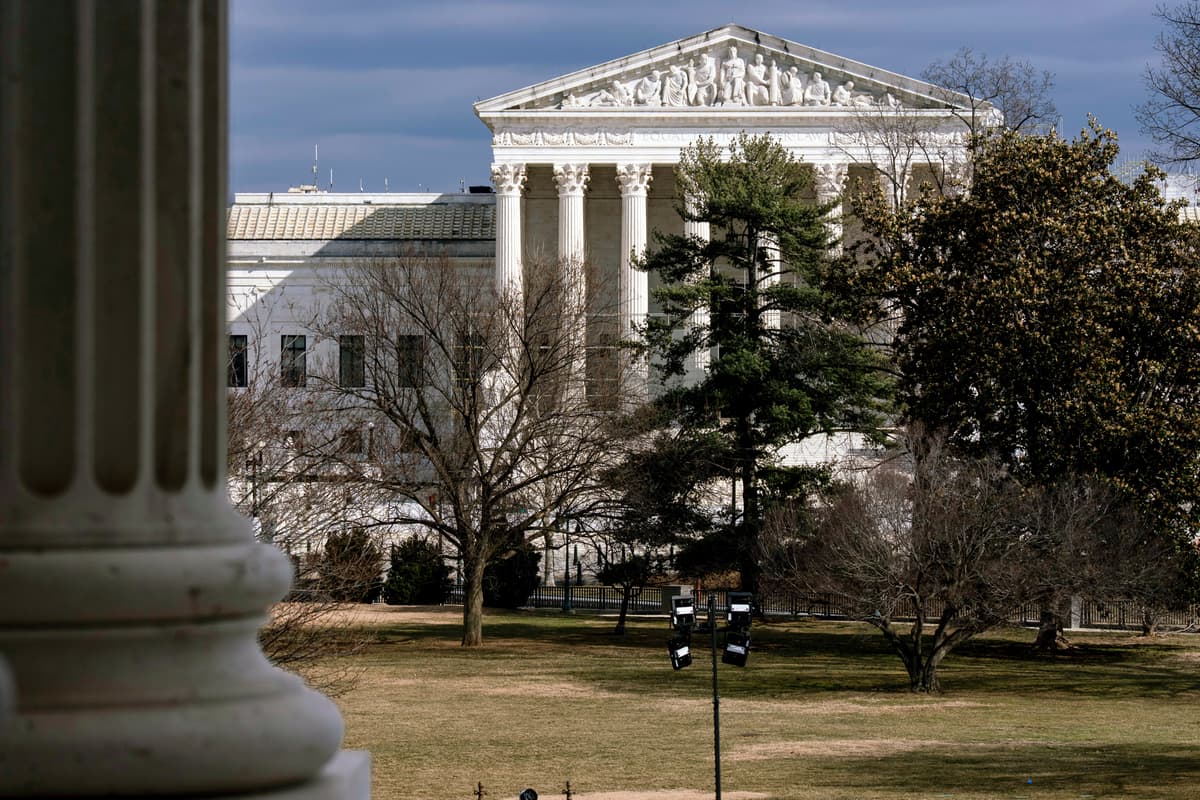A coalition of small businesses has brought a formidable challenge against former President Donald Trump’s tariffs, arguing that they represent an unlawful tax on American citizens. This legal battle, likened to a “David versus Goliath” scenario, has reached the Supreme Court, where the plaintiffs are advocating for the justices to uphold lower court rulings that deem the tariffs an overreach of presidential authority.
The businesses argue that Trump’s justification for implementing global reciprocal tariffs is a “breathtaking assertion of power.” Their brief, submitted to the Supreme Court on October 30, 2023, contends that “taxing Americans is an odd way to combat foreign threats.” The case centers on Trump’s application of the 1977 International Emergency Economic Powers Act to impose what he termed “Liberation Day” duties, a move the plaintiffs claim extends the law beyond its original intent and precedent.
Historically, the Constitution grants Congress the authority to impose tariffs. In recent decades, Congress has delegated certain powers to the executive branch, allowing the president to impose tariffs under specific circumstances. The businesses assert that when Congress has delegated its taxing authority, it has done so in clear terms. The legal arguments presented suggest that the tariffs amount to an illegal tax burdening Americans, estimated at a staggering $3 trillion.
In a show of political alignment, a group of Democrat-controlled states has filed their own brief in support of overturning the tariffs. They argue that Trump has overstepped his bounds by usurping Congress’s power to tax. “Congress, not the President, decides whether and how much to tax Americans who import goods from abroad,” the brief emphasizes. It calls on the Supreme Court to reject the president’s attempt to consolidate that power.
The Court of International Trade, a specialized panel that handles trade disputes, ruled against Trump, stating he does not possess “unbounded authority” to impose sweeping import taxes. The United States Court of Appeals for the Federal Circuit upheld this decision, setting the stage for the Supreme Court to address the crucial separation of powers issue at the core of the case.
A ruling against Trump could dismantle significant aspects of his economic policy, which has been a focal point of his administration. Advocates for the tariffs, including Solicitor General D. John Sauer, warn of dire economic repercussions if the Supreme Court mandates a refund of funds already collected through these tariffs. Sauer stated that this could lead to millions of job losses and jeopardize funding for vital programs like Social Security and Medicare.
Treasury Secretary Scott Bessent expressed concerns that the substantial amounts already collected from the tariffs might complicate the justices’ deliberations. The Supreme Court is scheduled to hear arguments in this pivotal case on November 5, 2023, with potential implications that could resonate across the economy and influence future presidential authority regarding trade.
As the legal landscape unfolds, the outcome remains uncertain, but the impact on small businesses and the broader economy is poised to be significant.







































































